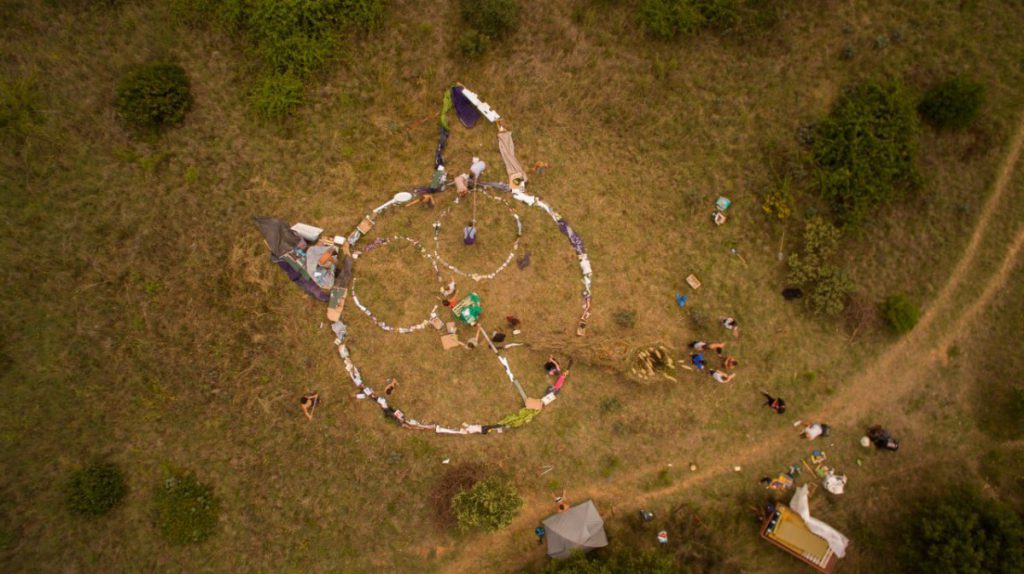The “Overshoot day” is a notion that defines “when humanity has had simply exceeds what Earth resources can provide in 12 months”. In 1970, it was recorded in December. During 1990 in October! Last year, we have passed it in August! This year in July 29th… That means we actually need about 1.6 planets to support humanity’s demand on Earth’s ecosystems.
– There is no planet B –
The major consequences of this capture leads to the exhaustion of our planet, meanwhile we are facing various instabilities such as climate changes, sanitary crisis, industrial disasters, exponential growth of humans beings (+121% since 1970), alarming disappearance of species (fauna/flora), massive use of synthetical chemicals, malnutrition, social instabilities, geopolitical and cultural tensions. At the same time, waste accumulation (e.g: 8 million tonnes of plastics end up in the oceans yearly), became a worldwide issue of our modern time. Studies plan that in 2050, the oceans will be more full of plastics then fishes.
The ecologic print of humanity come to competes with the forces of nature and mark a new age for the planet. Where mutual aid seems to be forgotten. When competition became the jungle. Since decades, technical innovation increases extraction, production, distribution, consumption and so its disposal. It often provides false good solutions to push back all shortages while making it more complex. Many new “green” technologies produce a large carbon footprint, generating cognitive dissonance between the care and the state of our planet. Planned obsolescence has also been a hot topic regarding waste accumulation and so the trust from citizens toward the big industries. Before, we needed shelter, water and food. Now our society’s model is based on buy, consume and throw away. A micro and macro behavioral system which digs more and more into the natural resources. Piling up modern waste in mountains of wasted food, plastics, single used products or thrown away, because of some lack of fashion or performance.
A linear model on a finite planet that many humans in the quest of sens, come to bypass with direct actions and solidarity movements. For that, a change of model and behaviors is needed. A circular way of consuming where principles are about awareness of the production&use of resources, knowledge of their transformations and their sustainability.
“Minimize, collect, transform, reuse” are the needed keywords of today. For a human solidarity network where everyday actions have an impact on actively making society. Because it is possible to valorise waste, give it a new life/function and create employment in this sector. In the meantime, we can learn to lower our carbon footprint with infinite practices. Because it is also possible to change industrial policies starting by consuming differently.
From this observation, the Waste Management Youth Exchange was hosted to spotlight the global problem of over consumption and waste accumulation by raising awareness on environmental/inner ecology and social/solidarity actions that innovate and heal in this field.
During the project, European youngsters went to the Catfarm community for an immersion in a eco-place that proposes creative practices and increase sens of active eco-citizenship. During workshops, they have exchange knowledge, know how and stories about the climate change, the use of resources, the management of waste and systems to lower the carbon footprint. They could get to know about different business models in the social, ecologic, Low/High Tech and solidarity systems. Also, they have raised their intercultural and inclusiveness understanding by meeting new people from different horizons.
A successful project that inspired new perspectives on self governance and creativity aligning with the 1.0 planet we have and its needs. So that we live a more peaceful continuity of the Humanity.

